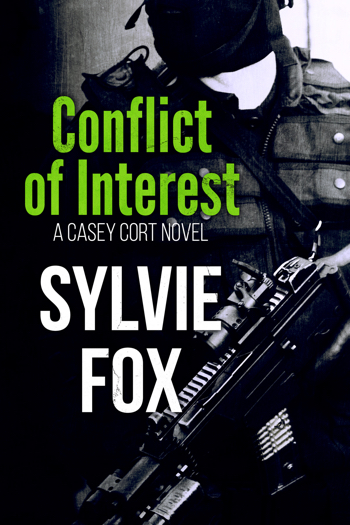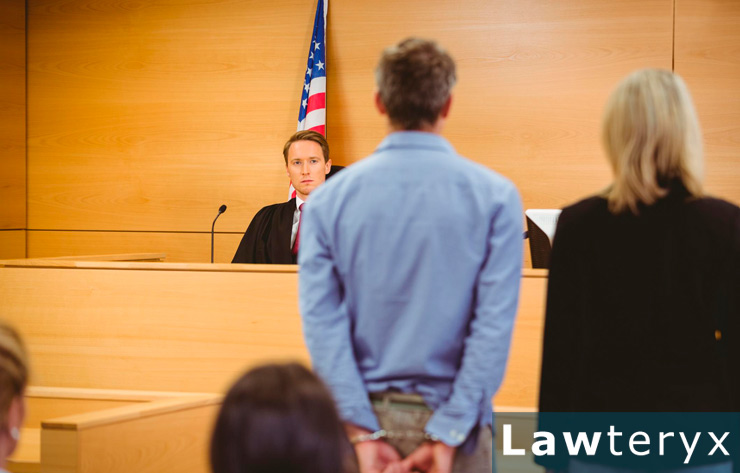
The suggested language for this process is: “For the record, the offer is _.

Pursuant to this practice, a Deputy District Attorney will state the plea offer on the record in open court in the defendant’s presence when an offer is being rejected. The Sacramento County District Attorney’s office has announced the adoption of a practice aimed at preventing unwarranted Lafler claims. The filing by the prosecution of a formal plea offer as part of the docket would obviate these concerns and help create a clear record of the offer made. Courts and defense counsel may resist these procedures on the ground that they improperly involve the court in plea negotiations, and intrude upon confidential client matters. A request for ex parte oversight would require the defense attorney to file a declaration under seal setting forth the plea offer, the advice given to the defendant, and the defendant’s position concerning the plea.

A “no-plea colloquy” results in the court engaging in a discussion in open court in which defense counsel describes the offer received from the prosecution and the defendant confirms for the court that the offer was communicated and understood. In federal courts, some prosecutors have moved for the court to conduct a “no-plea colloquy,” and to engage in ex parte oversight of the plea process. We are now starting to see changes in practice as a result of Lafler and Frye. Other measures rely on a formalization of the plea negotiation process to place matters within the record.Ĭhanges in Practice Due to Lafler and Frye
Plea deal colloquy trial#
The court in Frye set forth “some measures to help ensure against late, frivolous, or fabricated claims after a later, less advantageous plea offer has been accepted or after a trial leading to conviction with resulting harsh consequences.” One measure is that formal offers be made part of the record before trial. The Supreme Court in Lafler and Frye recognized the potential for an increase in post-judgment claims. Lafler claims are being made with increasing frequency in federal and state post-judgment writ proceedings. A successful Lafler claim will result in the judgment after trial being vacated, and the defendant being permitted to plead guilty pursuant to a previously made plea offer. Defendants rejecting a pre-trial plea offer, and who get a longer sentence following conviction after trial, may file a Lafler claim.

Lafler permits a defendant to allege in post-judgment proceedings that his attorney failed to provide adequate representation concerning a plea offer by the prosecution. 1399 (2012), affirmed that defendants have a right to effective representation during plea bargaining, and that counsel has a duty to timely and effectively communicate all plea offers to the client. Lafler, and the companion case, Missouri v. 1376 (2012), has resulted in an increase in “ Lafler claims,” alleging ineffective assistance of counsel concerning plea negotiation. Follow Supreme Court’s decision in Lafler v.


 0 kommentar(er)
0 kommentar(er)
